|
Annotating Margaret Konkol's article, "Prototyping Mina Loy's Alphabet," which addresses an experiment in 3D printing and its relationship to Loy's poetry.
In preparation for our consideration of Andy Warhol's pop art, we will take a look at some familiar comic characters, as they appeared in print in the early nineties. What do individual issues say about the world that produced them, from the food and climate to the characters' arguments and concerns? After considering these artifacts, why do you think that comics became an inspiration to artists like Warhol and Roy Lichtenstein? Why do you think that this particular series has had the lasting appeal that it has, both in print and on screen in its recent form, Riverdale. If familiar with it, how does the television show update the comic book and why do these changes matter? What do they tell us about our world?
Using Piktochart or Canva, you will each make an infographic poster analyzing at least one Harlem Renaissance poem and introducing it to the NYIT community. We will print and post these infographics around campus.
Select one at least one poem, such as those by Langston Hughes (““The Negro Speaks of Rivers” or “The Weary Blues,” ) or Claude McKay (“If We Must Die,” “America,” “Subway Wind,” “On Broadway,” or “The Tropics in New York”). For context, quote or paraphrase from at least one prose text we read (“When the Negro Was in Vogue,” or “Harlem Literati in the Twenties”), citing it according to MLA style. You are also welcome to select a poem that we did not read or address a theme in more than one poem. You can choose how to design your infographic, giving it a theme and focus. Make sure to analyze the way the poem makes meaning, including its word choice, form, and style. Your poster can include portions of the poem that you discuss. While you are not required to consult additional sources, you must cite all sources that you consult, including webpages. Use parenthetical citations to acknowledge when you are quoting or citing others’ ideas. It is plagiarism to use others’ words or ideas without citing them. Before printing, consult a peer for feedback and the instructor for approval. Working in groups of three, create a Snapchat video posting interpreting the role of New York in one of the Claude McKay poems that we read (“If We Must Die,” “America,” “Subway Wind,” “On Broadway,” or “The Tropics in New York.” ). The posting will include text, such as lines from the poem or responses to it.
At least one member of the group should create a separate Snapchat account for this course and share the results with the instructor. We will view your postings at the end of class. 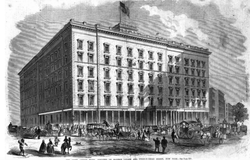 Assignment: Make one argument about characters’ interactions with each other in your section of Edith Wharton's "New Year's Day" from Old New York (1924), analyzing at least one quotation. You will present your findings to the class. What is the role of the city in these exchanges? At least one member of your group should investigate the locations in your section using Google Maps. Address their significance in your section. Group 1: First half of Ch. 1 Group 2: Second half of Ch. 1 Group 3: First half of Ch. 2 Group 4: Second half of Ch. 2 Group 5: First half of Ch. 3 Group 6: Second half of Ch. 3 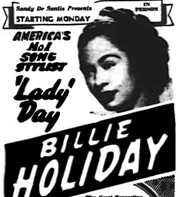 Working in four teams (Logos, Ethos, Pathos, and Kairos), review your term in Issue One of Understanding Rhetoric and address its role in Frank O’Hara’s “The Day Lady Died.” Each group will present its findings to the class. Following our discussion of the ways the terms allow us to interpret the poem in new ways, synthesize your findings, composing a written response analyzing the role of logos, ethos, pathos, or kairos in the poem, examining at least one word or phrase from it as you do so. 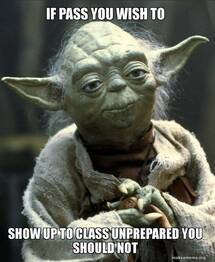 Meme by Dr. Andee Krafft's Student Meme by Dr. Andee Krafft's Student In Class: Monday, January 28 As you learned in the introduction to Understanding Rhetoric, comics make meaning visually by combining words and text. Memes work in a similar, and often humorous, way. You will make a meme to teach your classmates about one aspect of the syllabus, such as when assignments are due, what discussion board postings involve, when one should go to the writing center, what constitutes plagiarism, when using phones or devices is class is appropriate, what class participation involves, or how many absences one is permitted. Make sure your meme is appropriate for an academic audience (G-Rated). You can use any application you would like to make your meme, including Microsoft Word, PowerPoint, Snapchat, or Instagram, and saving your image (perhaps as a screenshot) to upload. Jing is a useful application for taking screenshots on a computer, for instance of a combination of texts and an image in Microsoft Word. Some other tools include: https://makeameme.org/ https://imgflip.com/memegenerator https://builder.cheezburger.com/builder/ https://memegenerator.net/ When you have finished, email your meme to the instructor. We will discuss your responses. Adapted from an assignment by Andee Krafft. |
Archives
April 2019
Categories |
Proudly powered by Weebly
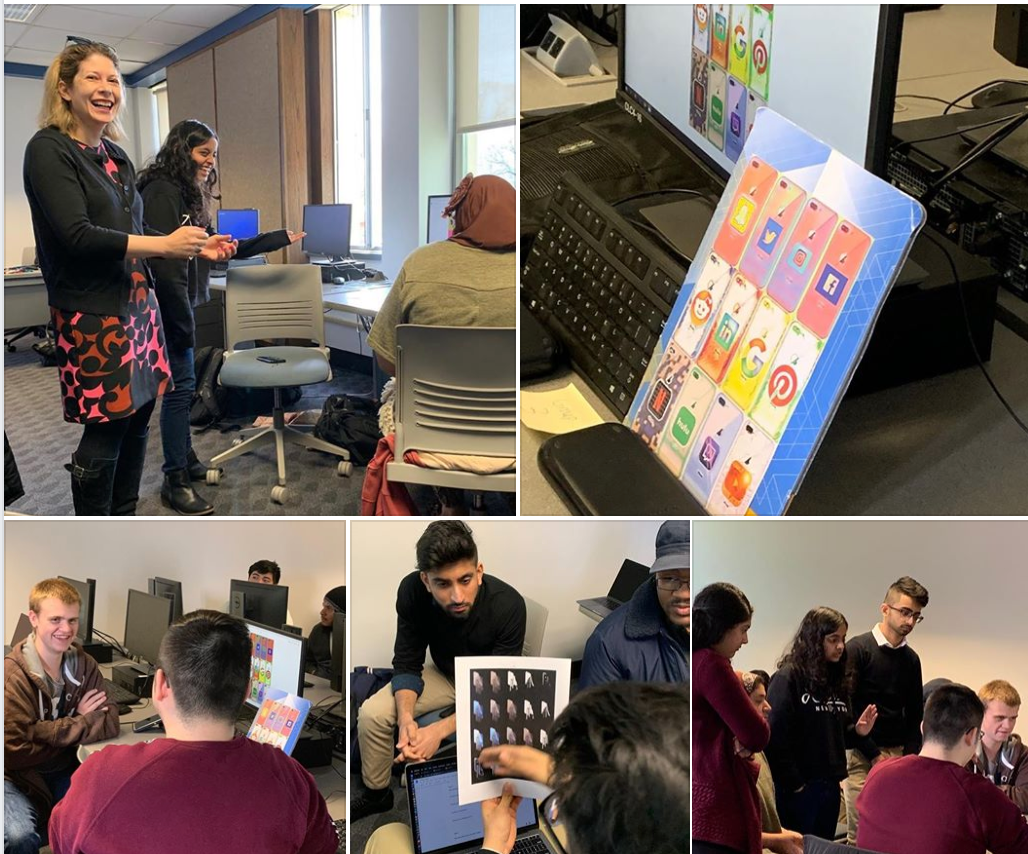
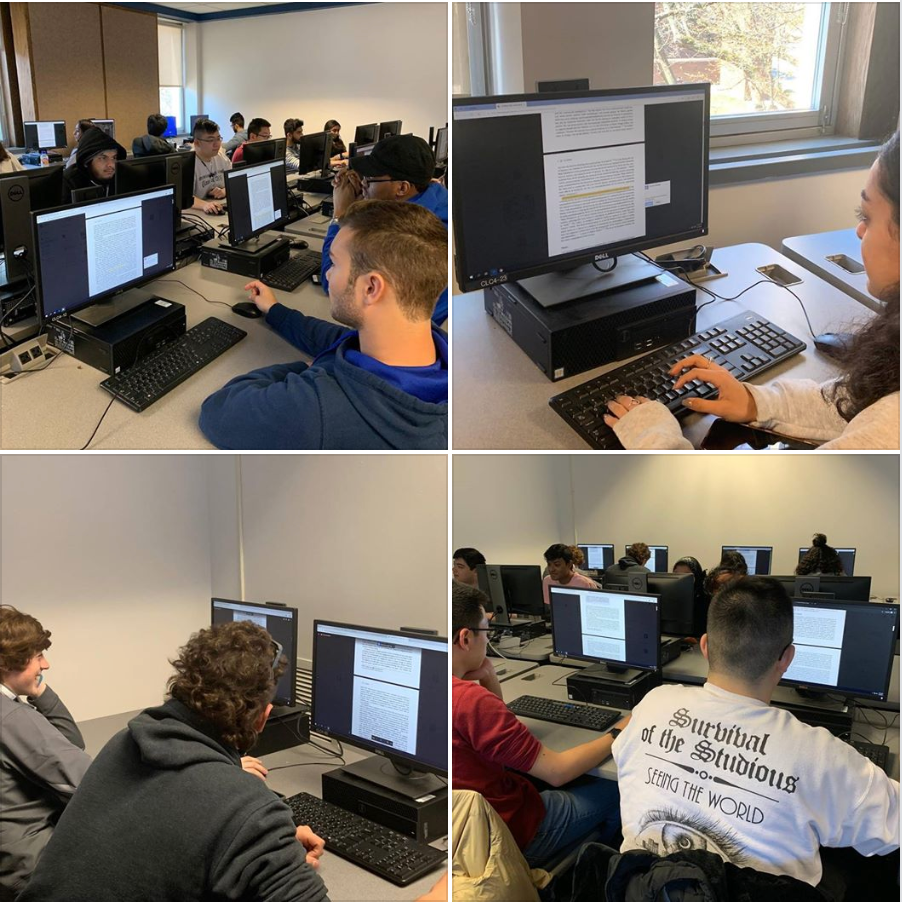
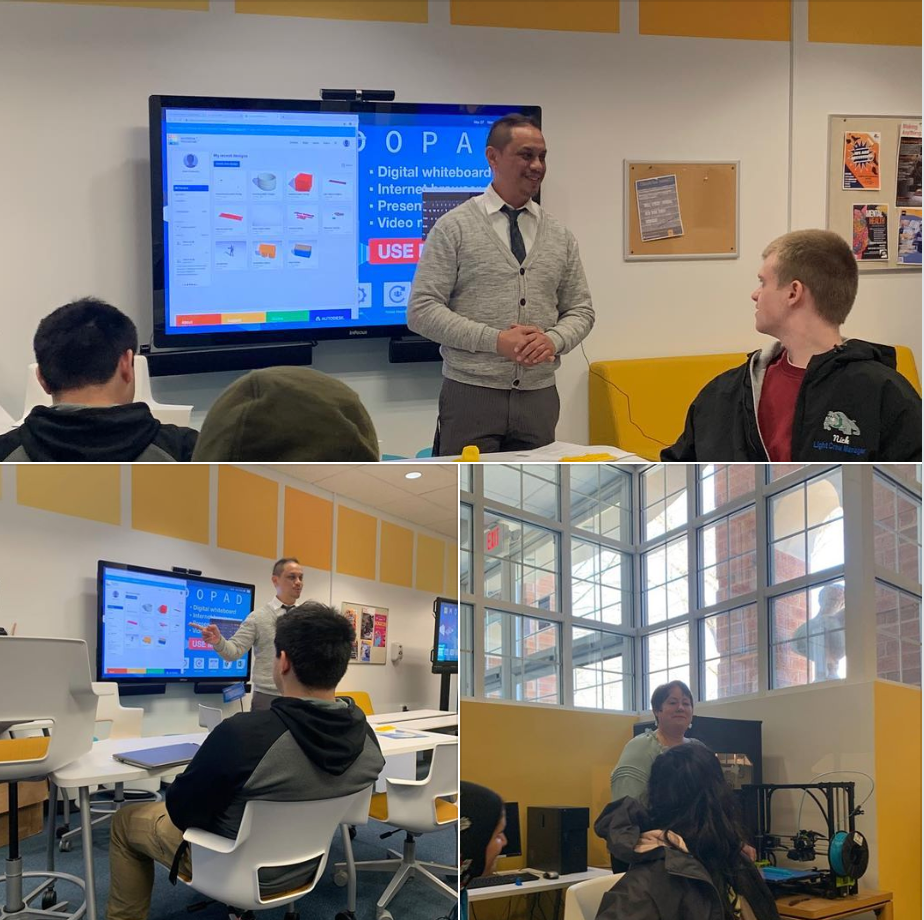
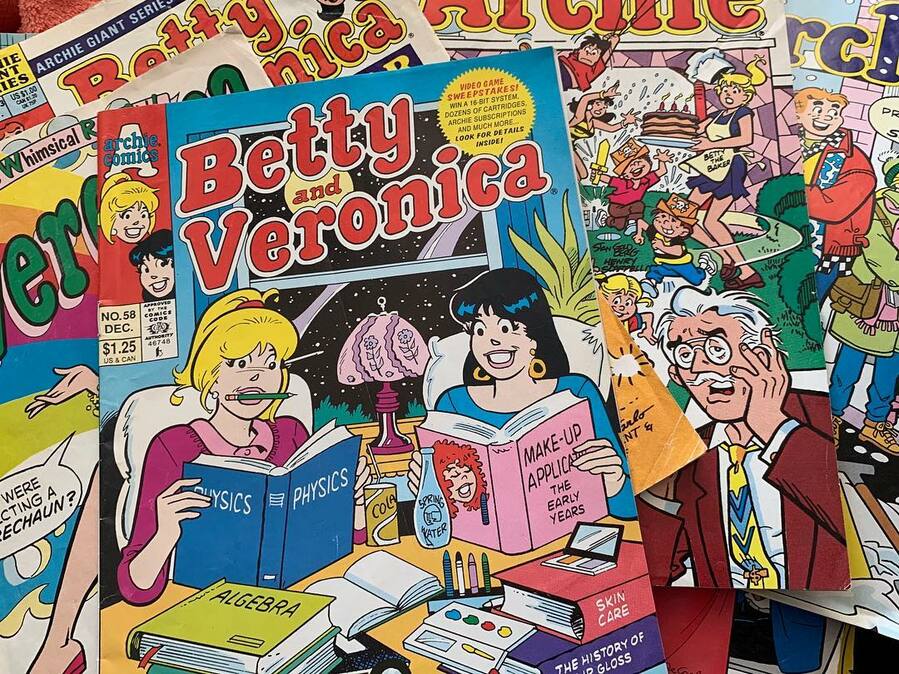
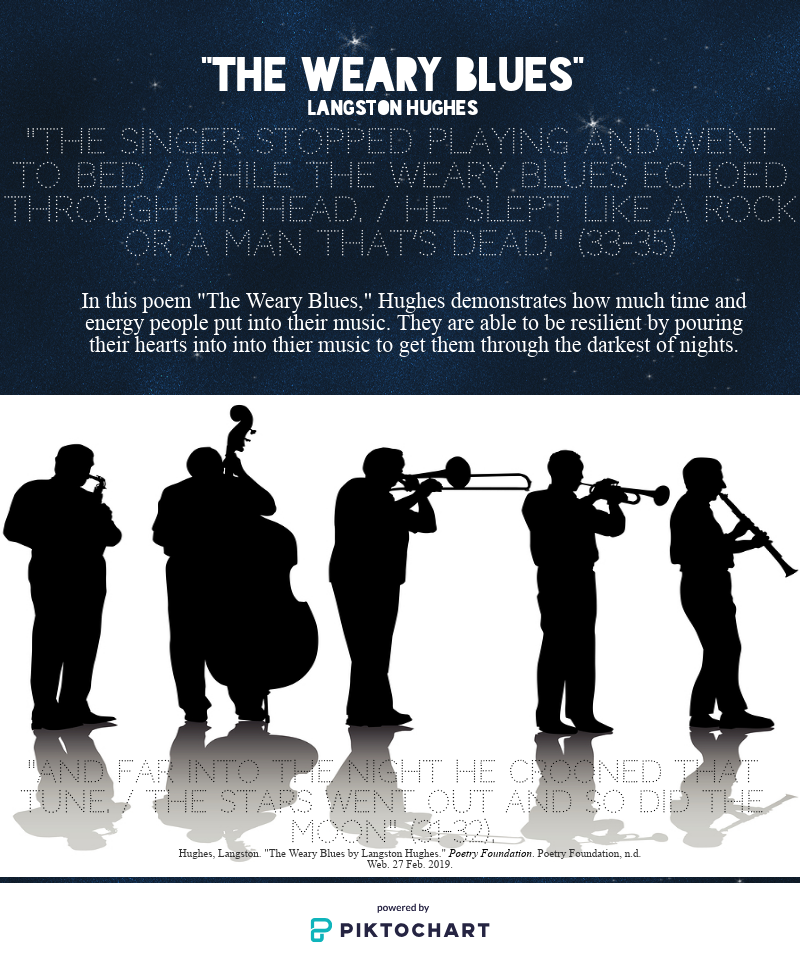
 RSS Feed
RSS Feed